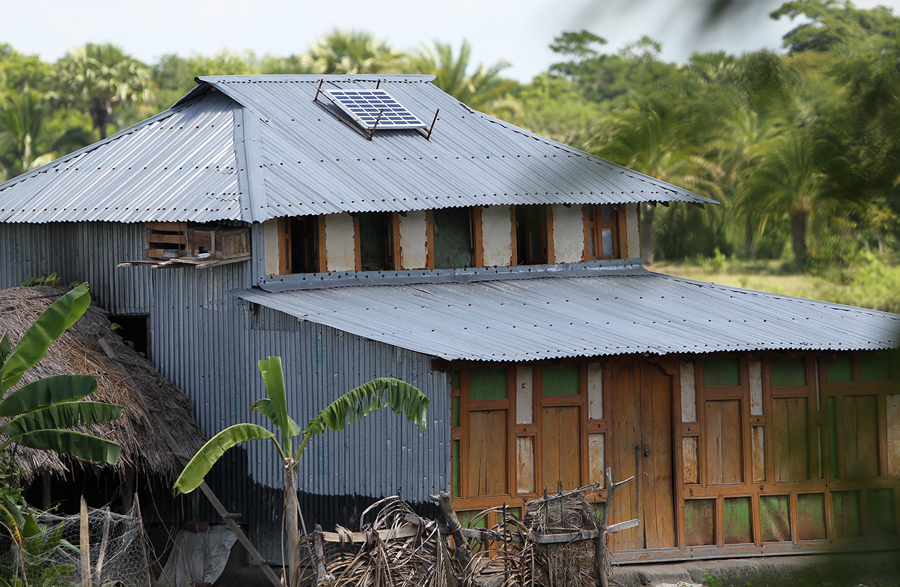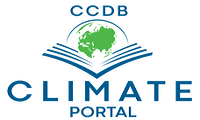A new way of extracting groundwater using solar energy, regular peak irrigation, continuous government and donor support, and least requirements of diesel imports have opened up a new door in the agriculture sector of Bangladesh, as farmers can boost their farming yields through irrigation round the year.
The use of solar energy in irrigation is popular now owing to cost-effective financing and innovative business model.
In a bid to promote alternative energy, perhaps, Bangladesh has sped up installing solar-powered irrigation pumps in 2012.
However, it started first in 2010 and the implementing agency, Infrastructure Development Company Limited (IDCOL), a non-bank financial institution, bankrolls renewable energy projects in Bangladesh.
Earlier, reliance on expensive diesel irrigation pumps consumed 1 million tons of diesel worth $900 million every year. Farmers are often dependent on middle-men during peak irrigation and cropping season.
But the success stories on solar irrigation pumps have brought light from the piloted upazilas of Dhaka, Chittagong, Rajshahi, Rangpur, and Khulna regions.
Farmers in those areas have been switching from diesel-run pumps to solar irrigation pumps, which are more reliable and easier to maintain compared to their diesel counterparts — also reduces government’s fuel subsidy for the agriculture sector, as well as diesel imports.
And given Bangladesh’s fragmented land ownership, a group of 20-25 farmers can associate to buy water from one irrigation pump.
In this development, the power division aims to replace about 150,000 diesel and conventional electricity-run irrigation pumps with solar-powered ones by 2017.As a part of Bangladesh success, the World Bank is supporting the government’s effort to install 1,250 solar-powered irrigation pumps by 2018. The low-cost technology is well suited for the country’s flat terrain and abundant sunshine.
Even better, the country will be able to reduce 5,000 tons of carbon emissions per year once all the 1250 pumps are in operation.
In addition to the World Bank, the Bangladesh Climate Change Resilience Fund (BCCRF), Global Partnership on Output Based Aid (GPOBA), and US Agency for International Aid (USAID) has provided financing for the solar irrigation pumps.
Already, over 600 solar irrigation pumps have been installed by IDCOL and more is to come to cut dependency on electricity and diesel used to operate more than 1.6 million tube wells and pumps for irrigation.
It plans to set up more than 1500 pumps within 2018.
“Solar-driven irrigation models are usually run by experts, and as a result, use of water for producing per kilogram of paddy is relatively lesser than other irrigation systems,” said Siddique Zobair, member of Sustainable and Renewable Energy Development Authority (SREDA).
However, the current contribution of renewable energy is around 1.5% of total power generation.
The government has proposed import duty on solar panels in the budget for the recent fiscal 2017-2018.
Imports of solar panel, the main component of a solar power system are subjected to 10% customs duty, VAT, and other taxes, totaling an additional cost of 37.5% in the next fiscal year, whereas the sector has been enjoying zero duty.
The country’s solar energy initiatives have to face a setback because of this imposition of a duty on imports of solar panels, as it will be difficult to make solar irrigation projects viable even after the government bears 50% of the installation cost.
It causes a homogeneous catalyst to the solar revolution in irrigation to attain the 10% renewable energy generation goal by 2020.
Is solar irrigation a groundbreaking success for Bangladesh?

